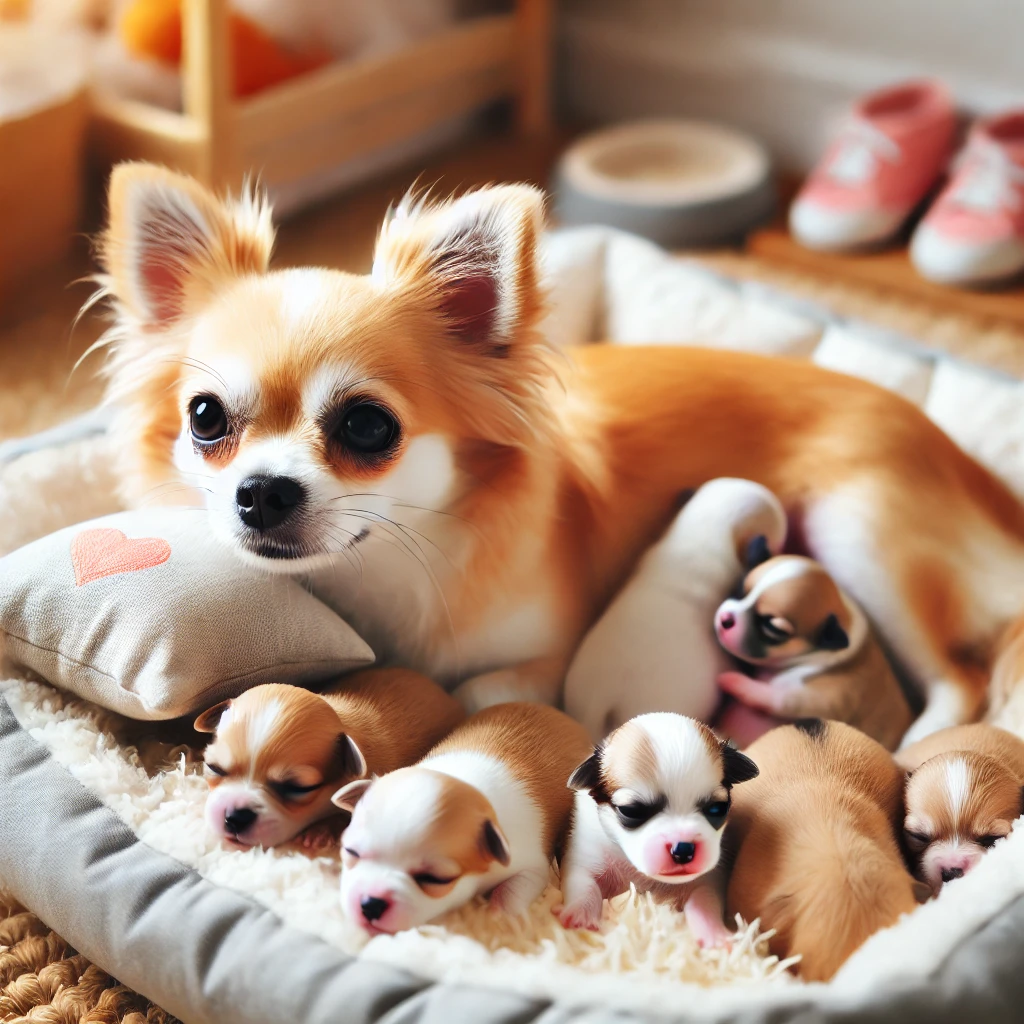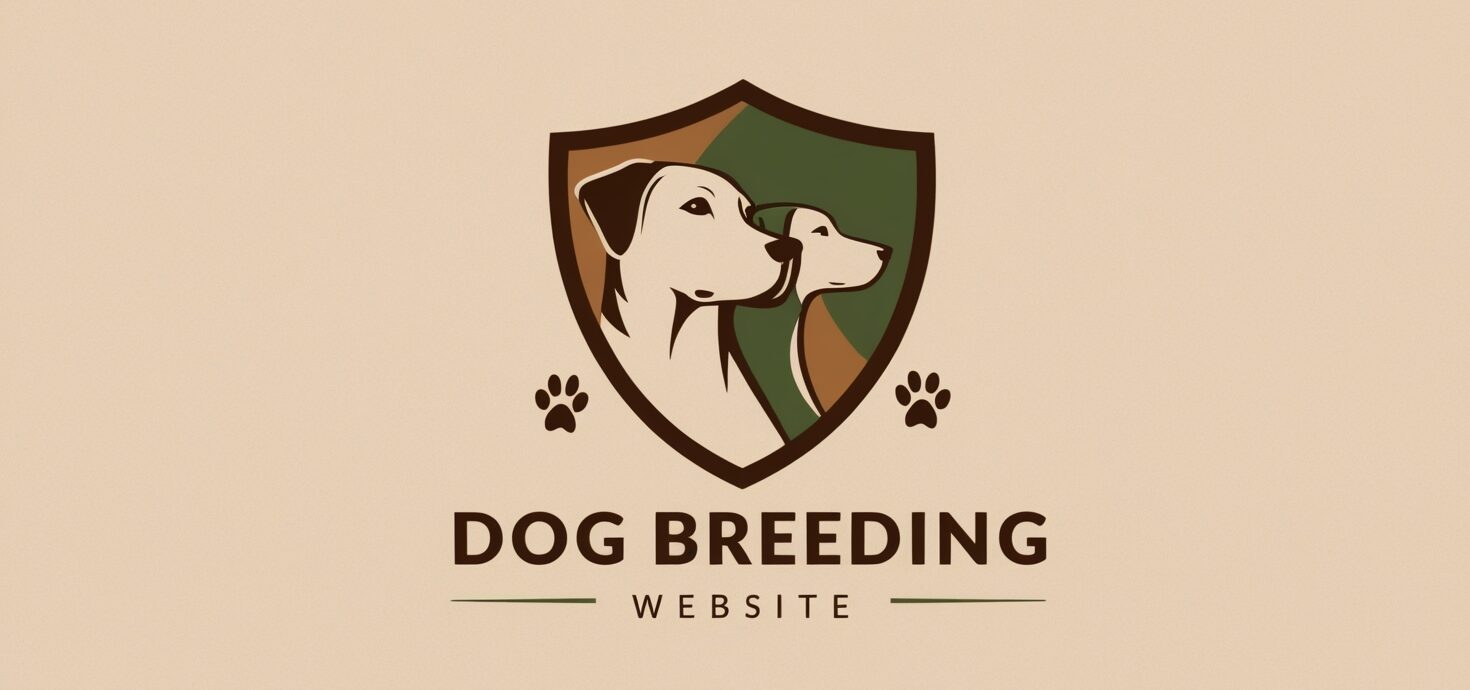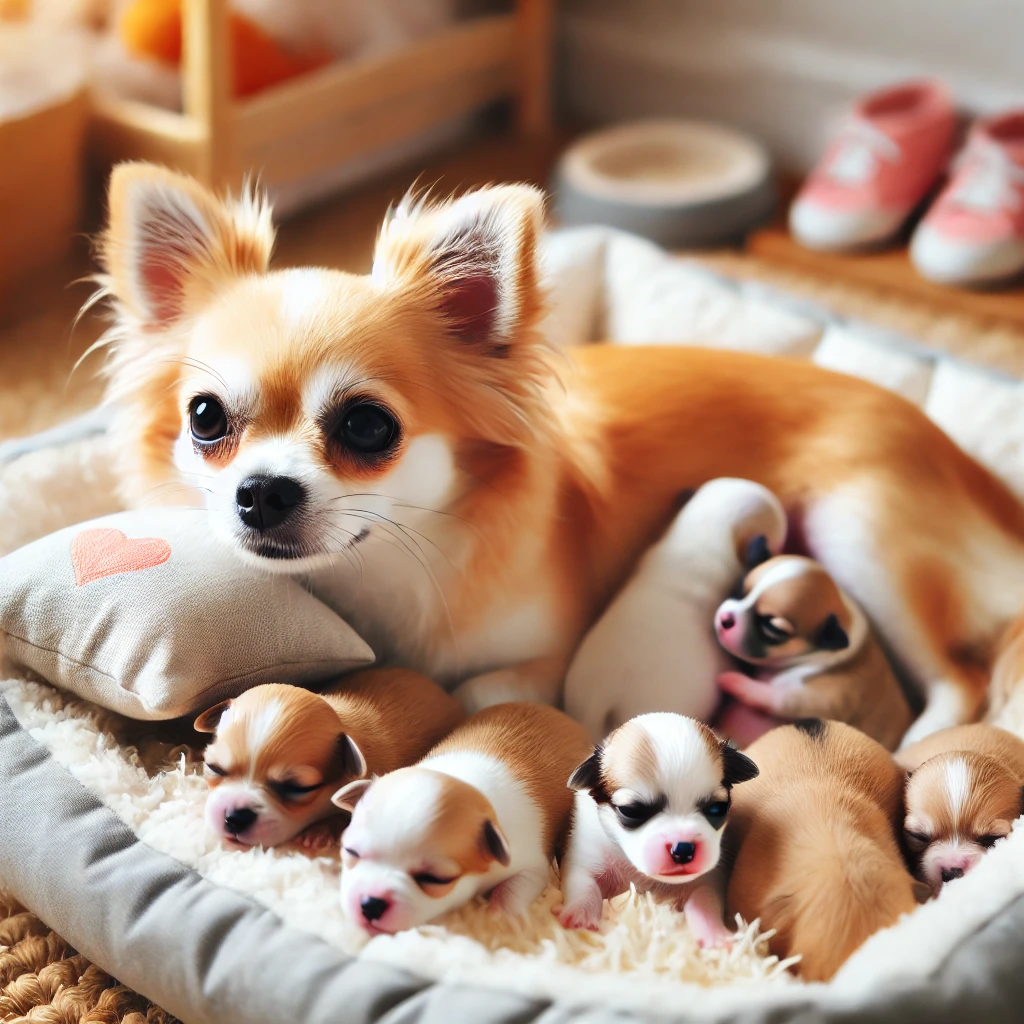Breeding Chihuahua Dogs: Tips, Care, and Expert Advice
Contents
- 1 “Breeding Chihuahua Dogs: A Comprehensive Guide”
- 1.1 Preface to Parentage Chihuahua Dogs
- 1.2 1. The History of Chihuahua Dogs
- 1.3 2. Why Breed Chihuahuas?
- 1.4 3. Understanding Chihuahua Genetics
- 1.5 4. Preparing to Breed Health Assessments
- 1.6 5. Choosing Ideal parentage dyads
- 1.7 6. The Chihuahua Parentage Process
- 1.8 7. minding for a Pregnant Chihuahua
- 1.9 8. Whelping and Birth Preparation
- 1.10 9. Aiding with Labor and Delivery
- 1.11 10. Minding for Newborn Chihuahua Puppies
- 1.12 11. Nutrition for Chihuahua Puppies
- 1.13 12. Socialization and Training Basics
- 1.14 13. Managing Health pitfalls in Chihuahua Puppies
- 1.15 14. Chihuahua Puppy Adoption and Placement
- 1.16 15. Costs, Challenges, and costs of parentage Chihuahuas
- 2 Continually Inquired Questions
- 3 Table of Contents
“Breeding Chihuahua Dogs: A Comprehensive Guide”
Chihuahuas, the lowest tykes in the canine world, are known for their big personalities and pious companionship. However, this companion will walk you through everything you need to know—from understanding the history and purpose of the strain to responsibly caring for the pups after birth, if you’re interested in breeding Chihuahuas. Let’s dive into the fascinating world of Chinese parentage.
Preface to Parentage Chihuahua Dogs
Chihuahuas are known for their spirited personalities, intelligence, and fierce fidelity, making them a popular choice for canine suckers worldwide. parentage Chihuahuas can be an enriching experience, but it requires a deep understanding of the strain, attention to health, and responsible practices. parentage responsibly ensures the health of the tykes and helps maintain the distinct characteristics of this unique strain.
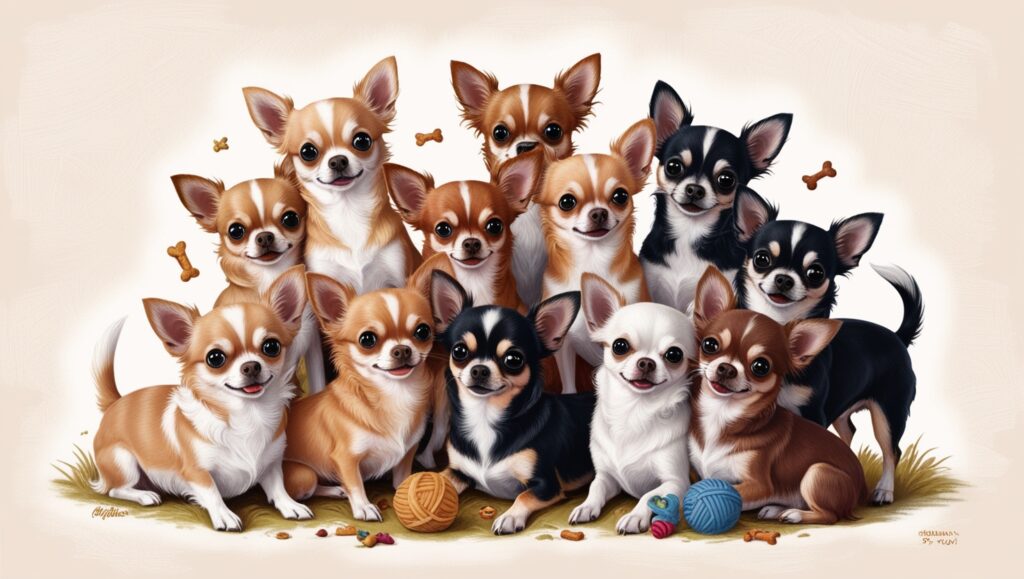
1. The History of Chihuahua Dogs
The Chihuahua’s origins can be traced back to ancient Mexico, where they were cherished companions to the Toltec civilization. Known as “Techichi,” these small tykes evolved into the Chihuahua strain-honored moment. In the 1800s, American excursionists discovered the strain in the Chihuahua region of Mexico, giving the strain its name. Since then, Chihuahuas have become cherished favorites around the world, known for their fidelity, intelligence, and unique appearance.
2. Why Breed Chihuahuas?
parentage Chihuahuas can be incredibly satisfying, but it should be done with purpose and a commitment to ethical practices. parentage can help strengthen the strain’s inheritable health, maintain asked traits, and introduce more well-mingled Chihuahuas to loving homes. Ethical parentage focuses on perfecting the strain’s rates, promoting healthy genetics, and making each canine have a happy and fulfilling life.
3. Understanding Chihuahua Genetics
Genetics plays a pivotal part in Chihuahua parentage, impacting everything from appearance to disposition and health. Chihuahuas have several inheritable traits, including fleece type (smooth or long), eye color, and size. Responsible breeders understand the significance of inheritable diversity to avoid health issues such as heart complaint, patellar luxation, and eye diseases. inheritable webbing can help identify implicit issues before breeding, resulting in healthier puppies.
4. Preparing to Breed Health Assessments
Before beginning the parentage process, health assessments are essential for both the manly and womanish Chihuahuas. Both should suffer physical examinations, inheritable webbing, and specific tests for strain-specific conditions. Chihuahuas are particularly prone to dental issues, luxating patellas, and heart conditions. Comprehensive health assessments will help identify any inheritable health enterprises, ensuring that only healthy kids are bred.
5. Choosing Ideal parentage dyads
Choosing the right parentage brace is critical. Ideal breeding campaigners should be healthy, well-tempered, and conform to strain norms. Physical characteristics, health history, and disposition should be estimated. Chihuahuas are known for their fidelity and intelligence, so a gentle disposition is also desirable. Both tykes should be at least two times old and free from any inheritable health issues.
6. The Chihuahua Parentage Process
Understanding the Chihuahua parentage process includes feting the heat cycle in ladies, which occurs twice a time. Timing is pivotal, as ovulation generally happens between days 10 and 14 of the heat cycle. Successful lovemaking depends on the lady’s readiness, which can be verified through veterinary tests. Breeders should supervise all breeding sessions to insure safety for both tykes .
7. minding for a Pregnant Chihuahua
Pregnant Chihuahuas bear special care, including a nutrient-rich diet to support fetal development. Regular horse check-ups are essential to cover the mama ’s health and insure she’s gaining weight properly. furnishing a calm and comfortable terrain reduces stress and promotes a healthy gestation. Keep a close watch for any signs of discomfort or complications and communicate a warhorse if demanded.
8. Whelping and Birth Preparation
Before the puppies arrive, produce a safe and comfortable whelping area for the mama . This area should be quiet, warm, and equipped with clean coverlet. Essential inventories include gloves, apkins, a heating pad, and horse contact information for extremities. Preparing for any complications, similar as the need for a C-section, is vital, especially as Chihuahuas have a narrow pelvis that can make delivery grueling .
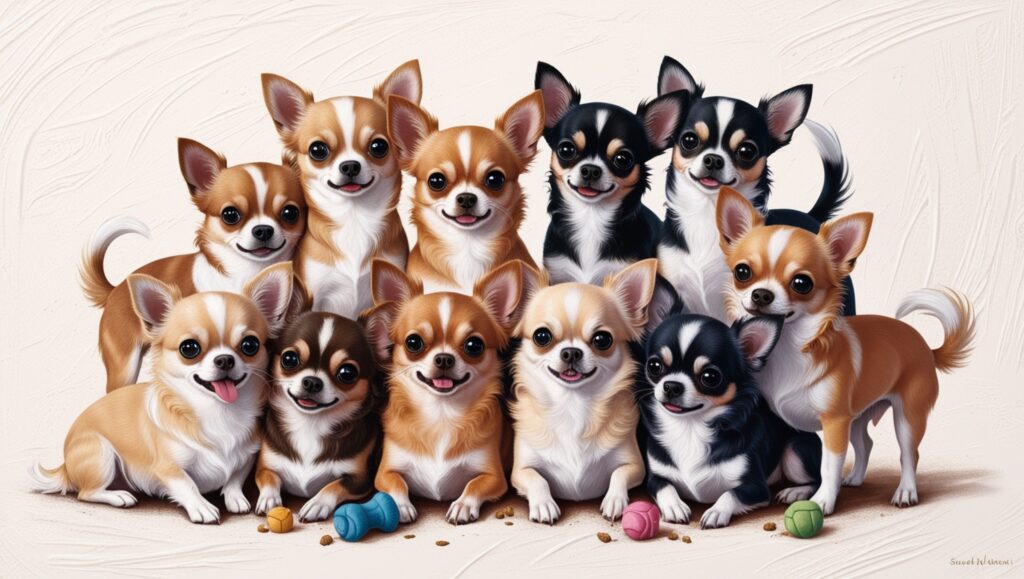
9. Aiding with Labor and Delivery
The labor process in Chihuahuas has three stages, beginning with condensation, followed by active labor, and concluding with the delivery of the puppies. Small types like Chihuahuas are susceptible to bearing complications, so keep an eye on the mama’s progress. Veterinary backing should be available if complications arise, such as extended labor or unresponsive puppies.
10. Minding for Newborn Chihuahua Puppies
invigorated Chihuahua puppies need warmth, food, and a safe terrain. They’re bitchy, and their small size makes them more vulnerable to cold and injuries. A heating pad can help regulate their temperature, while regular feedings will insure they gain weight steadily. Early socialization with the mama and siblings is essential for behavioral development.
11. Nutrition for Chihuahua Puppies
Weaning begins around 3–4 weeks, introducing puppies to a soft, solid diet. Quality puppy dog food formulated for small types ensures they get the right balance of nutrients. Gradually transition them to solid food while continuing to cover their weight and growth.
12. Socialization and Training Basics
Socialization is pivotal in early life to develop a well-rounded Chihuahua. Exposing puppies to different surroundings, sounds, and people fosters confidence and helps with behavioral issues. introductory training similar to name recognition, restroom training, and gentle running should begin beforehand, as Chihuahuas are intelligent and respond well to positive underpinning.
13. Managing Health pitfalls in Chihuahua Puppies
Regular warhorse visits are essential for vaccinations, deworming, and checking for common issues like hypoglycemia, respiratory problems, and dental issues. Beforehand discovery of implicit health problems ensures timely intervention and a healthier life for the puppies.
14. Chihuahua Puppy Adoption and Placement
Placing Chihuahua puppies in responsible, loving homes is the final but inversely important step. Screen implicit adopters to insure they’re married and understand Chihuahua requirements. give adopters with information on Chihuahua care and offer support as they transition into new homes.
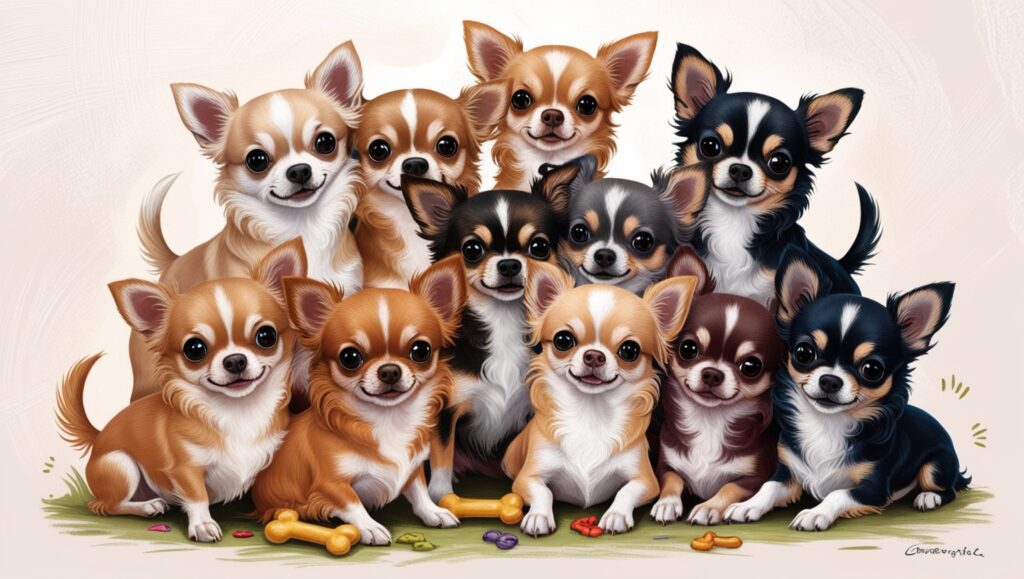
15. Costs, Challenges, and costs of parentage Chihuahuas
parentage Chihuahuas is a commitment of time, accounts, and cherish. warhorse visits, inheritable testing, and observe inventories include up, but the cost of raising sound, well- acclimated puppies is colossal. Seeing these bitsy tykes thrive in modern homes and come deep rooted companions is profoundly satisfying.
Continually Inquired Questions
• What wellbeing issues are common in Chihuahuas?
• How as often as possible can a womanish Chihuahua be bred?
• What age is secure to begin breeding a Chihuahua?
